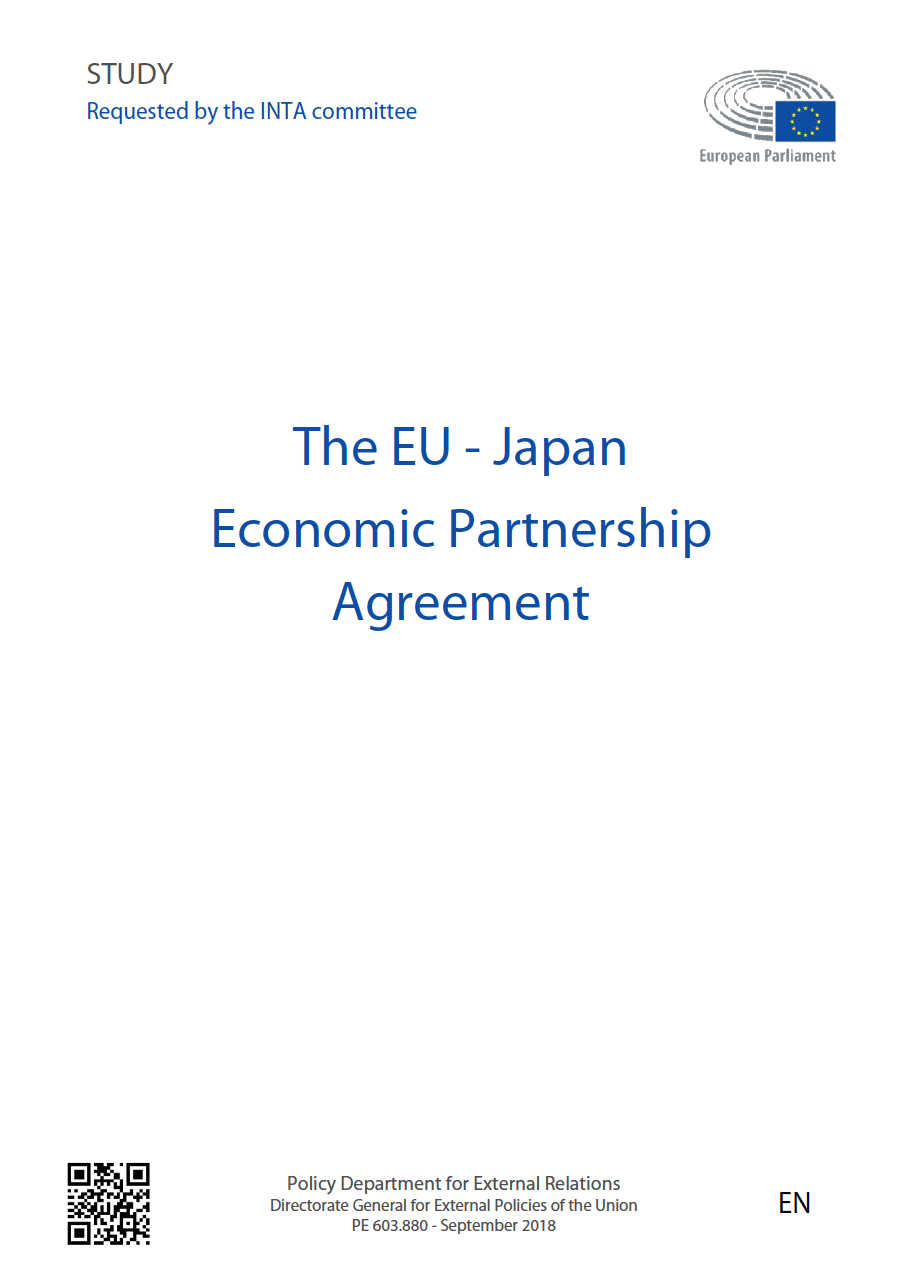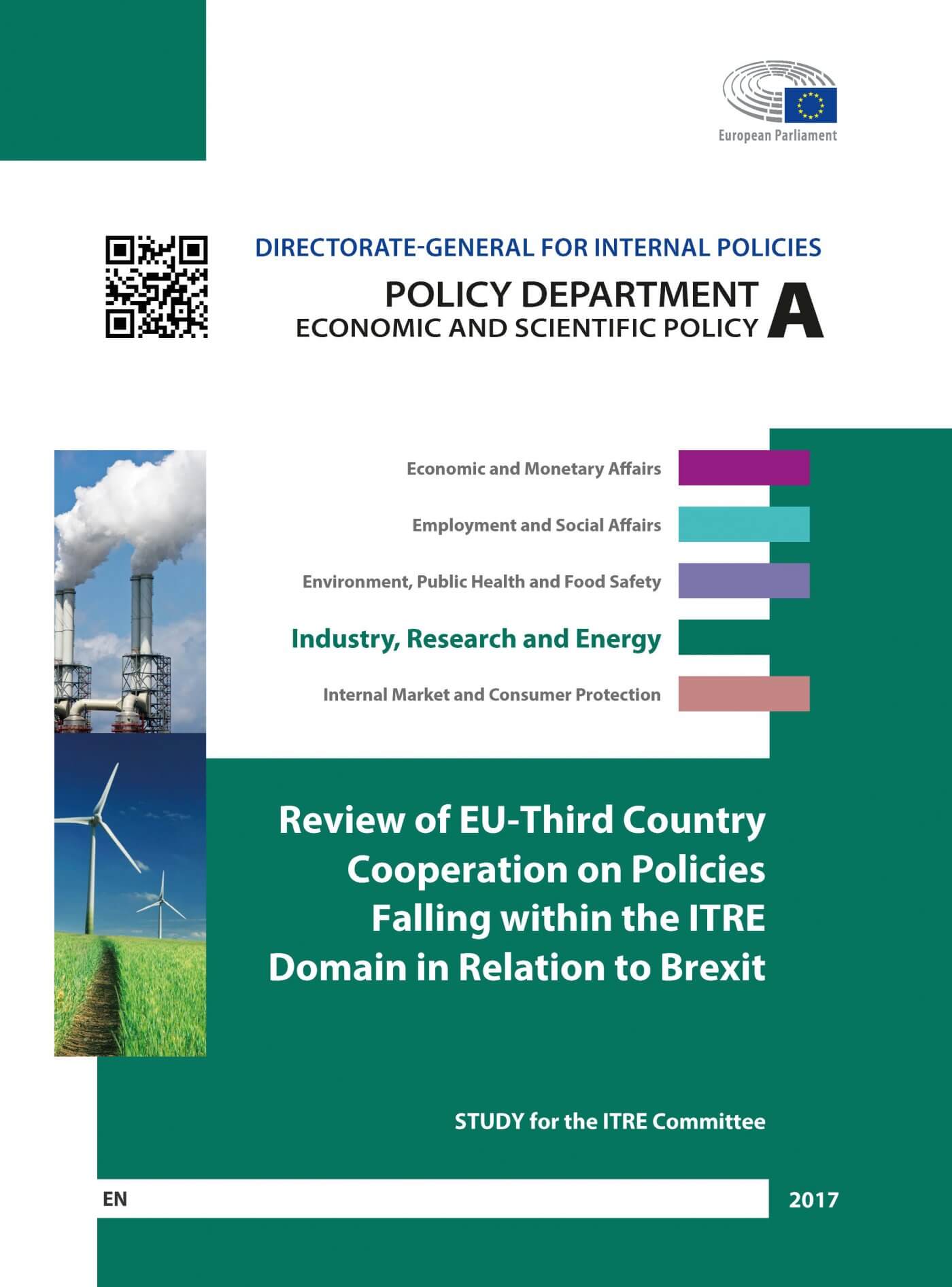External speakers

Alessio Terzi
Economist, DG ECFIN, European Commission
Twitter: @Terzibus
Alessio Terzi is the author of Growth for Good. He is also an Economist at DG ECFIN of the European Commission, and a lecturer at Sciences Po (Lille). Prior to this, he was an Affiliate Fellow at Bruegel, and a Fulbright Scholar at the Harvard Kennedy School.
He also has work experience from the European Central Bank's EU institutions division and in sovereign risk analysis from BMI Research (Fitch Ratings).
Alessio obtained a PhD from the Hertie School with a thesis on economic growth, under the supervision of Henrik Enderlein, Dani Rodrik, and Jean Pisani-Ferry. He holds an MPA in economic policy from the London School of Economics, and a BSc in international economics from Bocconi University.
His policy work and commentaries have been featured on leading media outlets including the Financial Times, The Wall Street Journal, BBC World News, Bloomberg, Tagesschau, Euronews, Corriere della Sera, Project Syndicate, Foreign Policy, VoxEU, Les Echos, France Culture, Arte.






